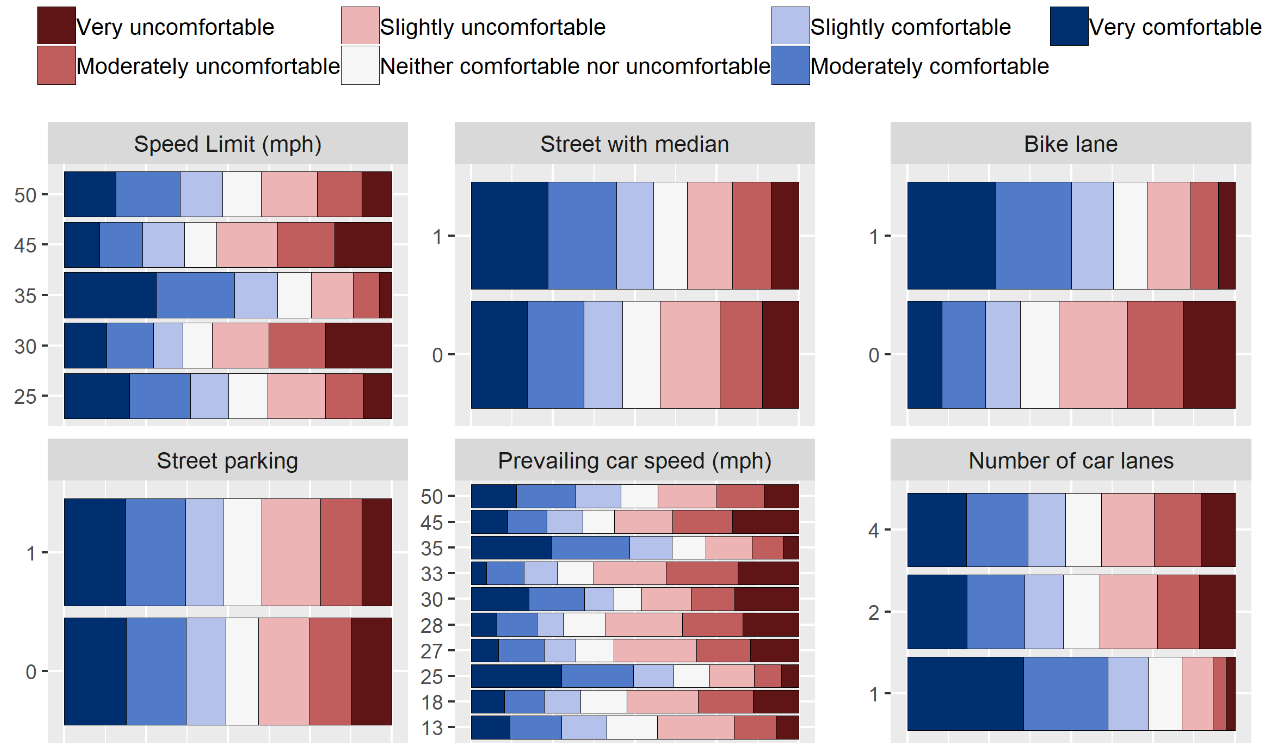We are pleased to congratulate DataLab affiliate Dr. Beatriz Martinez (Vet Medicine) on securing funding for Phase II of the Disease BioPortal dashboard project. DataLab Director of Translational Data Science Dr. Vladimir Filikov (Computer Science) is senior personnel on the grant.
The Disease BioPortal dashboard provides data to researchers, veterinarians, and farmers interested in tracking and analyzing disease outbreaks in livestock. In a past startup project, DataLab postdoc Dr. Tyler Shoemaker and geospatial specialist Dr. Michele Tobias developed methods of expanding Bioportal’s functionality, particularly in ways that could prepare users for events that might adversely affect the health of their animals. Dr. Shoemaker utilized Twitter’s API to collect thousands of tweets about animal health. With these tweets—which range from news aggregator posts to individual people commenting on the day-to-day activities on their farm—he built a classifier to label tweets that might indicate a current or imminent outbreak. Using NOAA’s Weather API and the National Weather Service API, Dr. Tobias built an interface to track weather patterns that flags certain temperature and precipitation conditions, generating a warning banner to users of the dashboard that these conditions might affect their animals. The startup itself was exploratory, and now the BioPortal team intends to integrate aspects of both of the methods DataLab staff developed.
The National Science Foundation awarded BioPortal a Phase II grant for 2021-2023, which will enable the project to expand on a number of fronts, ranging from acquiring new data sources to forging new partnerships with researchers across the US. A primary component of this will build upon the text analysis research conducted by DataLab, and further developing methods of incorporating social media data into its dashboard. The funding will enable further collaborative investigation of data gathered from Twitter, news aggregators, industry commentary, and other forms of social media; in particular, the intent is to develop more contextually-sensitive language models for predicting and detecting disease outbreaks. Once built, these models will be incorporated into BioPortal, where users can view selections from these data sources to evaluate risk, and to view dropped pins on locations with potential outbreaks.
To read more about the project, click here.





